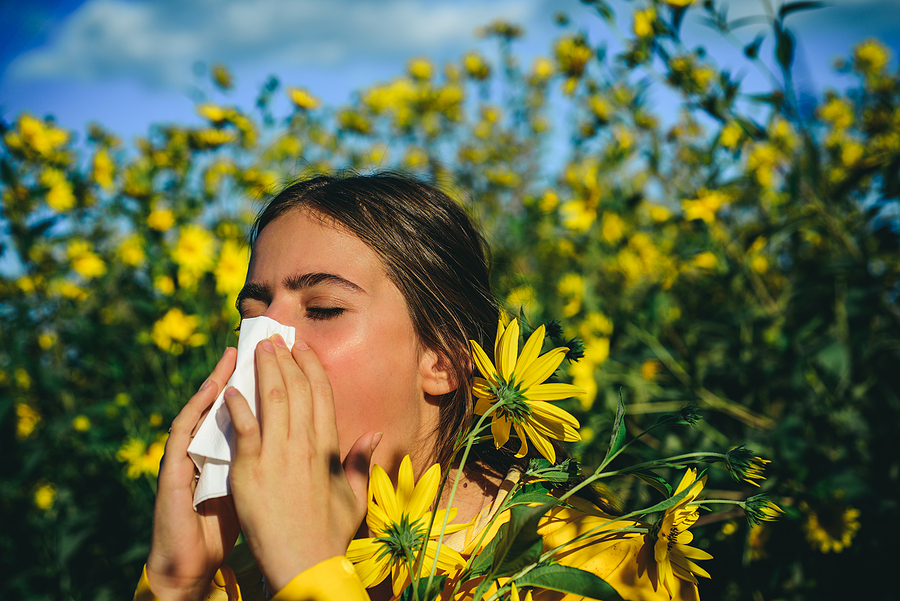Pollen and Seasonal Allergy Relief in Fresno
Pollen allergy, also known as allergic minitis, is a common allergic reaction to pollen grains released by plants. When pollen is inhaled, the immune system may mistakenly identify it as harmful, triggering symptoms such as sneezing, congestion, itchy eyes, and nasal drip. Pollen allergies can significantly impact quality of life, especially for those who struggle with season allergies during peak pollen seasons.

Diagnosis Pollen and Other Seasonal Allergies
Diagnosing pollen allergy typically involves a combination of medical history assessment, physical examination, and allergy testing. Allergy tests, such as skin prick tests or blood tests, can identify specific pollen allergens causing reactions in an individual. By pinpointing the allergen triggers, allergists can tailor treatment plans accordingly .

Fresno Seasonal Allergy Relief:
Treatment options for pollen allergy focus on symptom management and allergen avoidance.
Over-the-counter or prescription antihistamines, nasal corticosteroids, and decongestants can help alleviate symptoms. Allergen immunotherapy. commonly known as allergy shots’ or allergy drops recommended to desensitize the immune system to pollen allergens over time. Accitionaly, itestyle mocitications such as keeping windows closed during high pollen seasons, putting dust mites covers on bedding and using air purifiers can reduce exposure to pollen indoors.
